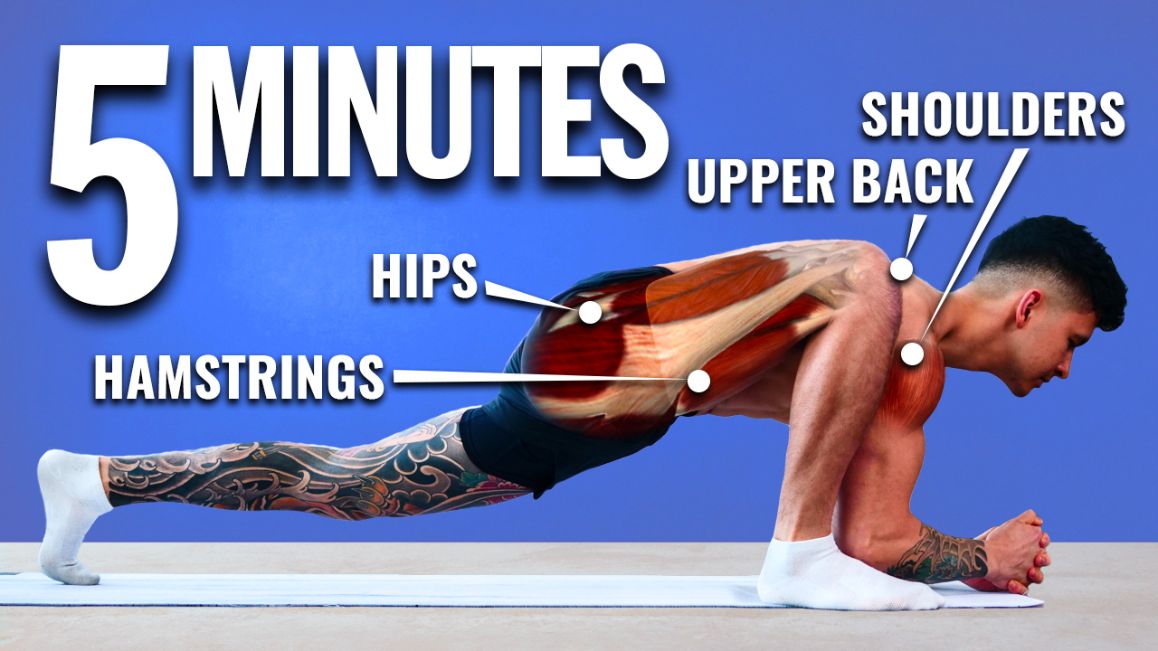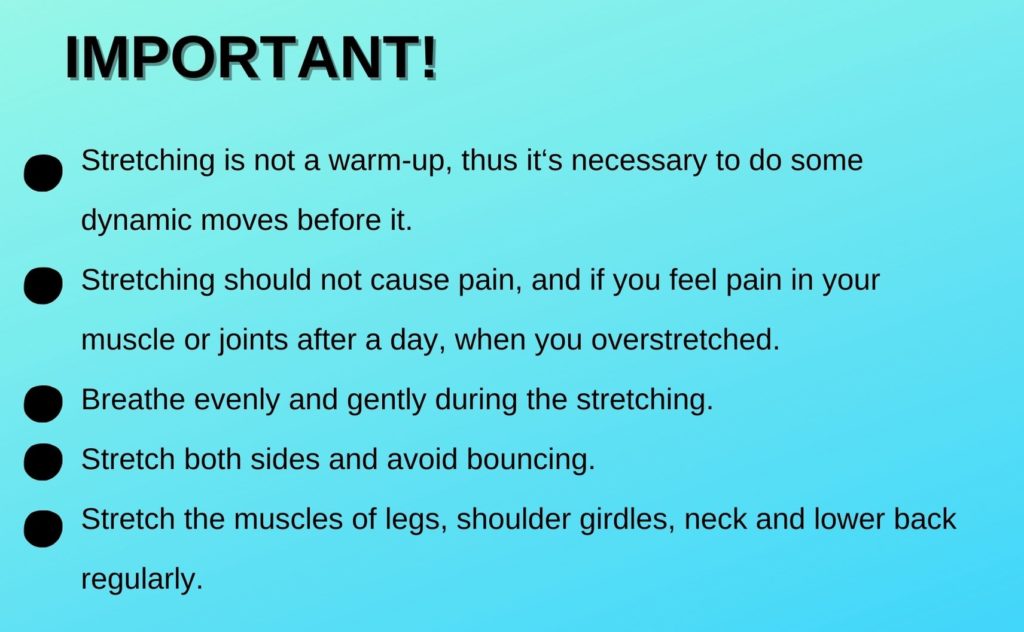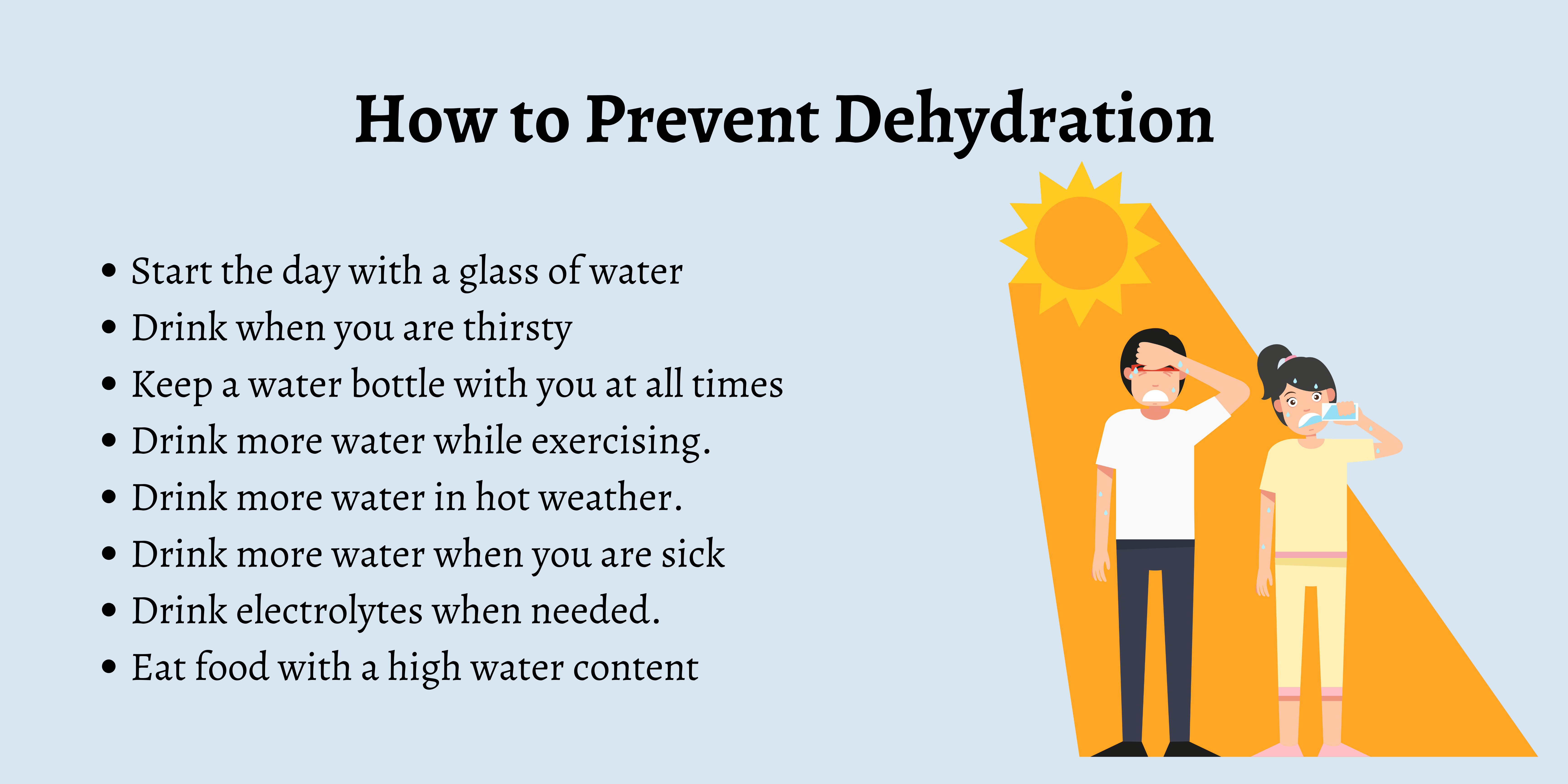Rapid Relax 10-Minute Stretch Routine for Tension Relief

Unlock Your Flexibility Potential
Introduction
Are you feeling stiff and tense after a long day at work or a tough workout? It’s time to give your body some love with a quick 10-minute stretch routine. In just a few minutes, you can release tension, improve flexibility, and feel revitalized from head to toe. Let’s dive into the benefits of a brief stretch session and discover some simple yet effective stretches to incorporate into your daily routine.
The Power of Stretching
Stretching is more than just a way to alleviate muscle tightness; it’s a key component of overall fitness and well-being. Regular stretching can improve flexibility, reduce the risk of injury, enhance athletic performance, and promote relaxation. By taking just a few minutes each day to stretch, you can reap these benefits and keep your body feeling its best.
Preparation: Set the Stage for Success
Before diving into your stretch routine, take a moment to set the stage for success. Find a quiet, comfortable space where you can move freely without distractions. Wear loose, comfortable clothing that allows for full range of motion, and grab a yoga mat or towel to cushion your joints. Take a few deep breaths to center yourself and prepare your mind and body for the stretching ahead.
Dynamic Warm-Up: Get Your Blood Flowing
Start your stretch routine with a dynamic warm-up to get your blood flowing and prepare your muscles for deeper stretching. Incorporate movements like arm circles, leg swings, and torso twists to gently loosen up your joints and increase blood flow to your muscles. This will help prevent injury and make your stretches more effective.
Targeted Stretches: Focus on Problem Areas
Next, focus on targeted stretches to address specific areas of tension or tightness in your body. Pay attention to areas that feel particularly stiff or sore, such as the neck, shoulders, back, hips, and legs. Choose stretches that target these areas and hold each stretch for 15-30 seconds, breathing deeply and focusing on relaxing the muscles with each exhale.
Neck and Shoulder Release: Relieve Tension
Begin by sitting or standing tall with your shoulders relaxed. Slowly tilt your head to one side, bringing your ear towards your shoulder until you feel a gentle stretch along the side of your neck. Hold for a few seconds, then repeat on the other side. For an added stretch, gently place your hand on the side of your head and apply gentle pressure.
Back Stretch: Lengthen and Decompress
To stretch your back, start by lying on your back with your knees bent and feet flat on the floor. Bring one knee towards your chest, clasping your hands behind your thigh or shin. Gently pull your knee towards your chest until you feel a stretch along your lower back. Hold for a few seconds, then switch sides. For a deeper stretch, extend your opposite leg along the floor.
Hip Opener: Increase Mobility
Sitting for long periods can lead to tightness in the hips, so it’s important to incorporate






